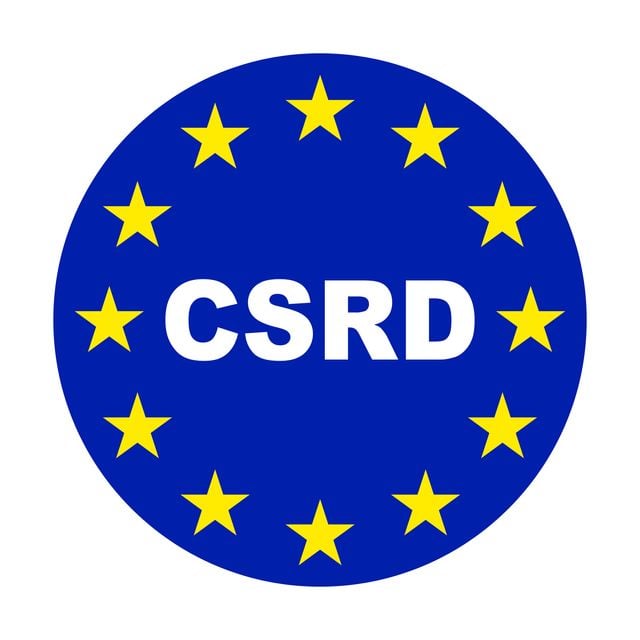The US has long objected to jurisdiction of the International Criminal Court (ICC), the body charged with trying war crimes and crimes and against humanity, based in The Hague. The US therefore did not sign on to the court's establishing instrument, the Rome Statute, which was entered into force in 2002.
The Executive Order issued on 11 June provides that the US may implement sanctions against any foreign person determined to:
- Have directly engaged in any effort by the ICC to investigate, arrest, detain, or prosecute any US personnel without the consent of the US.
- Have directly engaged in any effort by the ICC to investigate, arrest, detain, or prosecute any personnel of a country that is an ally of the US without the consent of that country’s government.
It also provides for the possibility of sanctions on persons who provide material support for the same.
There is currently no indication of when such sanctions might be put in place, or which parties are expected to become targets.
Stay Up To Date with Ropes & Gray
Ropes & Gray attorneys provide timely analysis on legal developments, court decisions and changes in legislation and regulations.
Stay in the loop with all things Ropes & Gray, and find out more about our people, culture, initiatives and everything that’s happening.
We regularly notify our clients and contacts of significant legal developments, news, webinars and teleconferences that affect their industries.



